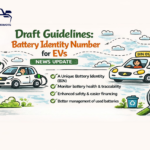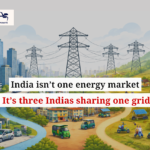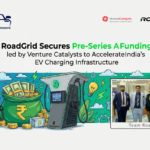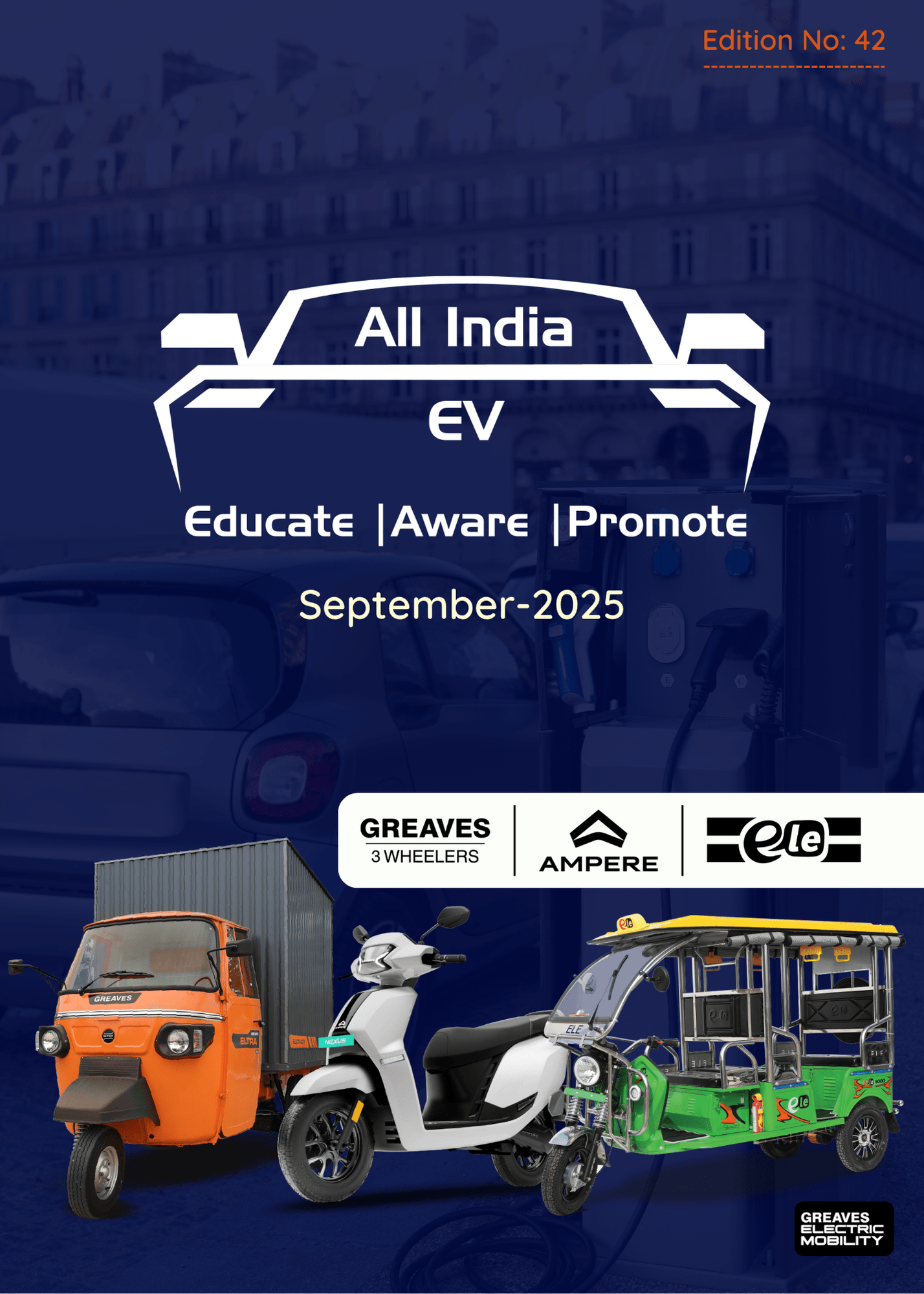
India-UK FTA allows UK to export 22K EVs at 10% duty; India gains EV export quota, slashing tariffs from over 100% to 10%.
In a landmark development for India’s electric vehicle sector, the United Kingdom will be allowed to export up to 22,000 high-end electric vehicles (EVs) to India annually at a significantly reduced 10% import duty, under the recently signed India-UK Free Trade Agreement (FTA). In return, India will gain preferential access to export low- and mid-range EVs to the UK.
This quota-based concession marks a significant shift in India’s automotive trade policy, particularly in the high-value EV segment, where import duties typically exceed 100%. Officials familiar with the negotiations emphasized that no duty reduction will apply to EVs imported outside of this specified quota.
✅ EV Trade Boost Under Controlled Tariff Framework
The duty concession is strictly quota-limited, with internal combustion engine (ICE) vehicle imports from the UK also capped under a predefined ceiling. The move reflects India’s strategic approach to protect its domestic EV and ICE manufacturing sectors while still opening avenues for high-tech imports and innovation.
India’s reduction of tariffs on premium EVs is expected to bring global automotive brands into the Indian luxury EV market, giving consumers greater choice and potentially accelerating the adoption of clean mobility solutions.
✅ FTA Highlights: EVs, Spirits, and Market Access
Beyond EVs, the FTA includes phased tariff reductions on Scotch whisky, bringing duties down from the current 150% to 75% immediately, and eventually to 40% over ten years. According to Indian officials, this move will lead to a marginal rise in imports without disrupting domestic producers and could help attract foreign direct investment (FDI) in the spirits sector.
“This tariff liberalization is expected to bring in the UK’s expertise in spirit production, quality control, marketing, and consumer education,” an official said.
✅ Sensitive Products Excluded; Visa Gains Limited
Despite the broader liberalization, key sensitive products like diamonds, silver, smartphones, optical fibres, and television camera tubes have been excluded from duty concessions, reflecting India’s focus on safeguarding critical manufacturing sectors.
On the mobility front, the UK has committed to allowing 1,800 professionals from India annually — including yoga instructors, classical musicians, chefs, and R&D professionals — but the agreement offers no additional concessions on work visas for the broader workforce, a key ask from India that remains unresolved.
✅ Implications for India’s EV Industry
With the UK now able to sell 22,000 high-value EVs at a sharply reduced import duty, Indian automakers may face heightened competition in the premium EV segment. However, the FTA’s reciprocal nature, offering Indian EV makers an opportunity to enter the UK market, may help balance the trade impact.For India’s evolving EV ecosystem, the agreement could serve as a catalyst for innovation, quality improvement, and technology benchmarking, especially as international brands look to expand their presence in a growing Indian market.










